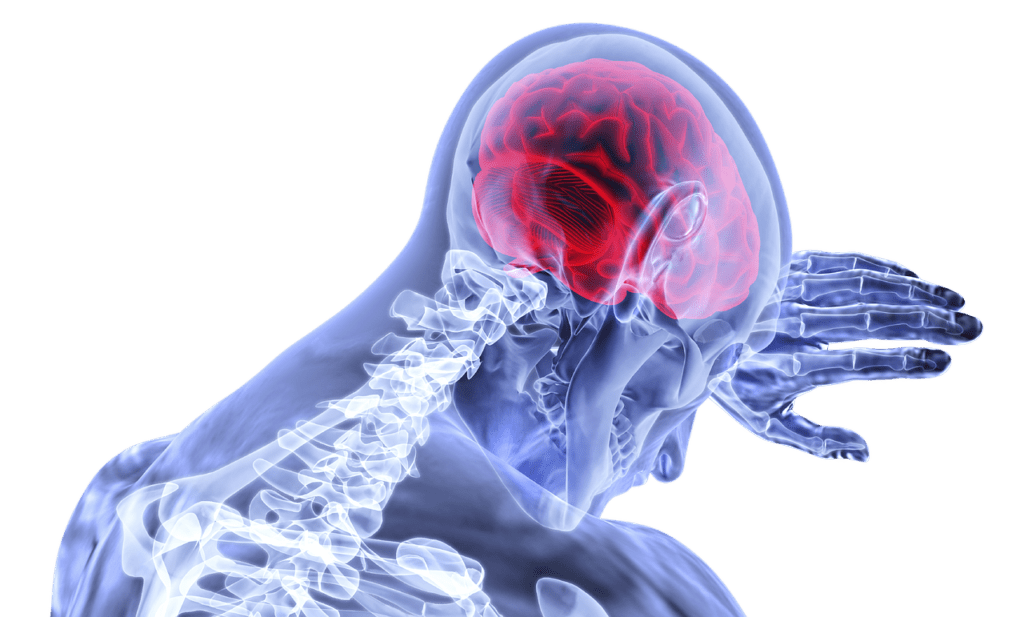According to a story from Top Class Actions, the drug companies Biogen, Inc. and Abbvie recently released a recall for their multiple sclerosis drug Zinbryta following several reported cases of encephalitis and meningoencephalitis, or brain inflammation. Twelve cases have been reported so far with three of them being fatal.
Agency Response
The US Food and Drug Administration (FDA) is aware of the announcement and has advised patients using the drug to talk to their doctors. The European Medicines Agency (EMA) also released a statement in which the agency announced an urgent review of Zinbryta after seven patients in Germany got brain inflammation and another case was reported in Spain.
About Multiple Sclerosis (MS)
Multiple sclerosis is a neurological disease which is characterized by damage to the myelin sheath, an fatty, insulating, protective covering that surrounds nerve cells and allows them to communicate effectively. Although a precise cause has not been determined, multiple sclerosis is considered an autoimmune disease, in which a certain trigger, such as an infection, may cause the immune system to mistakenly attack healthy tissue. Smoking and certain genetic variants are also considered risk factors for the disease. Symptoms include blurred vision, double vision, blindness in one eye, numbness, abnormal sensations, pain, muscle weakness, muscle spasms, difficulty speaking and swallowing, mood instability, depression, loss of coordination, and fatigue. There are a number of treatments available for the disease, but no cure. Life expectancy for patients is slightly reduced. To learn more about multiple sclerosis, click here.
Know The Symptoms
Zinbryta already comes with black box warning for severe side effects, but these warnings are for liver damage, not brain inflammation. The drug was first approved as a treatment for multiple sclerosis in May 2016 by the FDA. Because of the risk of side effects, the drug is typically only prescribed after a patient has failed to respond to at least two other therapies.
If you are using this treatment you should be aware of the signs and symptoms of brain inflammation. These can include seizures, muscle pain and/or weakness, headaches, fatigue, hallucinations, fever, nausea/vomiting, and loss of coordination.






